2 min read
•Addressing plastic waste with chemical recycling
- More plastic can be recycled with chemical recycling.
- The technology is complementary to mechanical recycling.
- Helps address plastic waste sent to landfills or incineration.
2 min read
•To help support a more circular economy for plastics, society needs to limit the amount of plastic waste that ends up in landfills and incineration.
The most common way to recycle plastic is through traditional mechanical recycling. But, while this technology has an important part to play, there are limitations to the types of plastic waste it can easily process. Luckily, there is another method that can complement it: chemical recycling.
This technology can handle hard-to-recycle plastics – expanding the kinds and amount of plastic that can be recycled and repurposed.
Learn more about chemical recycling below. You can also learn more about why mass balance is key for chemical recycling, and how we are supporting chemical recycling.
Why do we need chemical recycling?
Europe produces more than 30 million* metric tons of post-consumer plastic waste a year, but only 26.9%* is recycled. The rest goes to landfill or is incinerated with energy recovery (to produce steam, heat or energy).
While traditional mechanical recycling is growing, incineration has also increased 15% since 2018* - reinforcing the need for chemical recycling. Complementary to mechanical recycling, chemical recycling can help address plastic waste, increase recycling rates, and support a more circular economy for plastics.
To achieve recycling targets
Chemical recycling complements mechanical recycling and can help Europe meet targets like recycling 55%* of plastic packaging by 2030.
To address plastic waste
Increasing the types of plastic that can be recycled, chemical recycling can help address plastic waste sent to landfills or incineration. Plastic waste can serve as an alternative to fossil-based feedstock.
To recycle more plastic
Multi-layer or contaminated plastic, like food packaging, is difficult to mechanically recycle. These plastics are typically incinerated or sent to landfills.
To create valuable new products
Chemical recycling heats up hard-to-recycle plastic (alongside other feed streams), removes contaminants, and turns it into raw material for a wide range of valuable new products.
To meet hygiene and safety standards
Virgin-quality materials are needed to meet safety and hygiene standards for plastic food packaging. Chemical recycling can help support circularity in this sector.
Subscribe to our Energy Factor Europe newsletter for the latest on chemical recycling.
European regional newsroom
Explore more
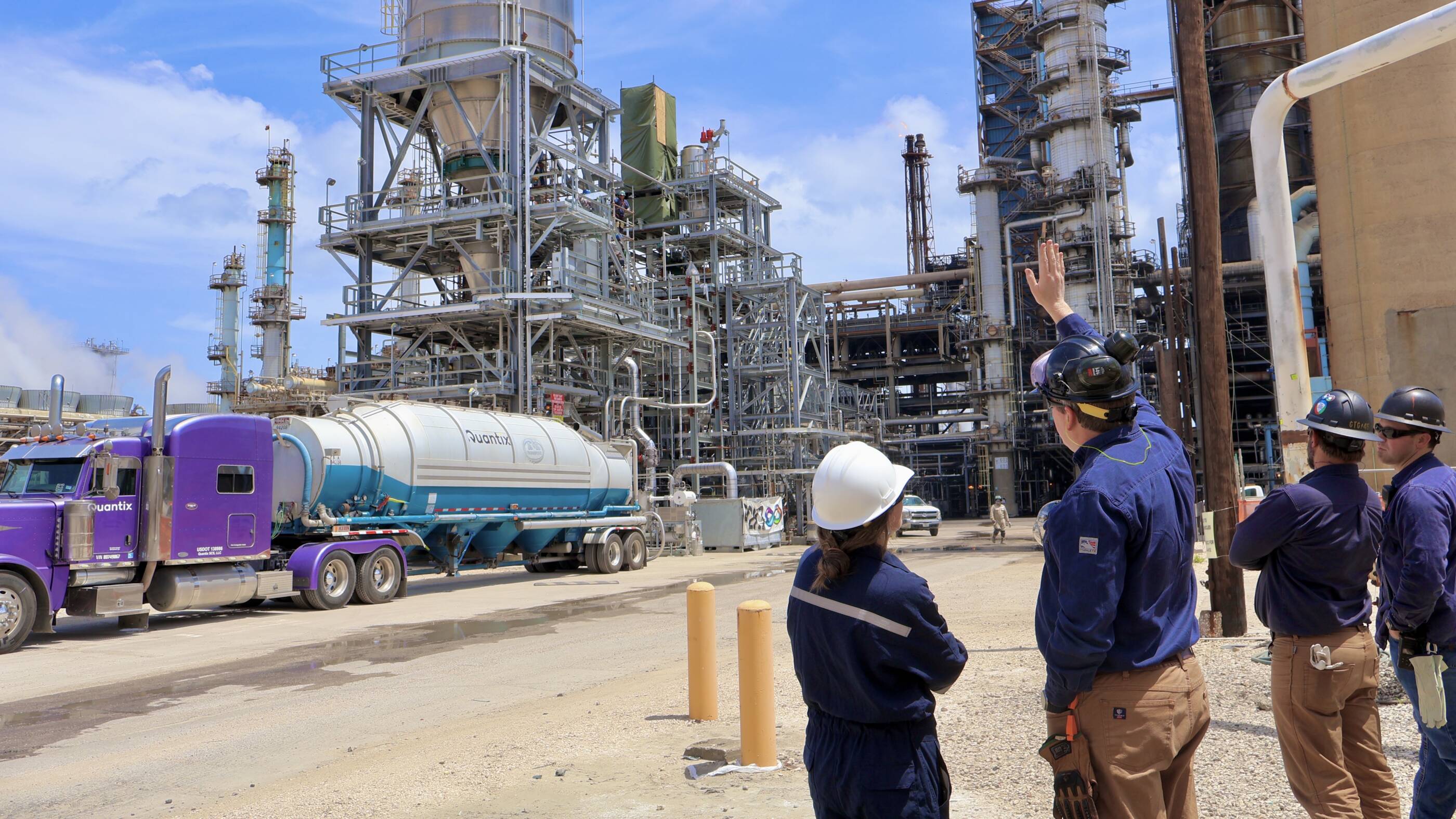
Doubling down on double capacity: our second advanced recycling unit is up and running in Baytown!
2 min read
•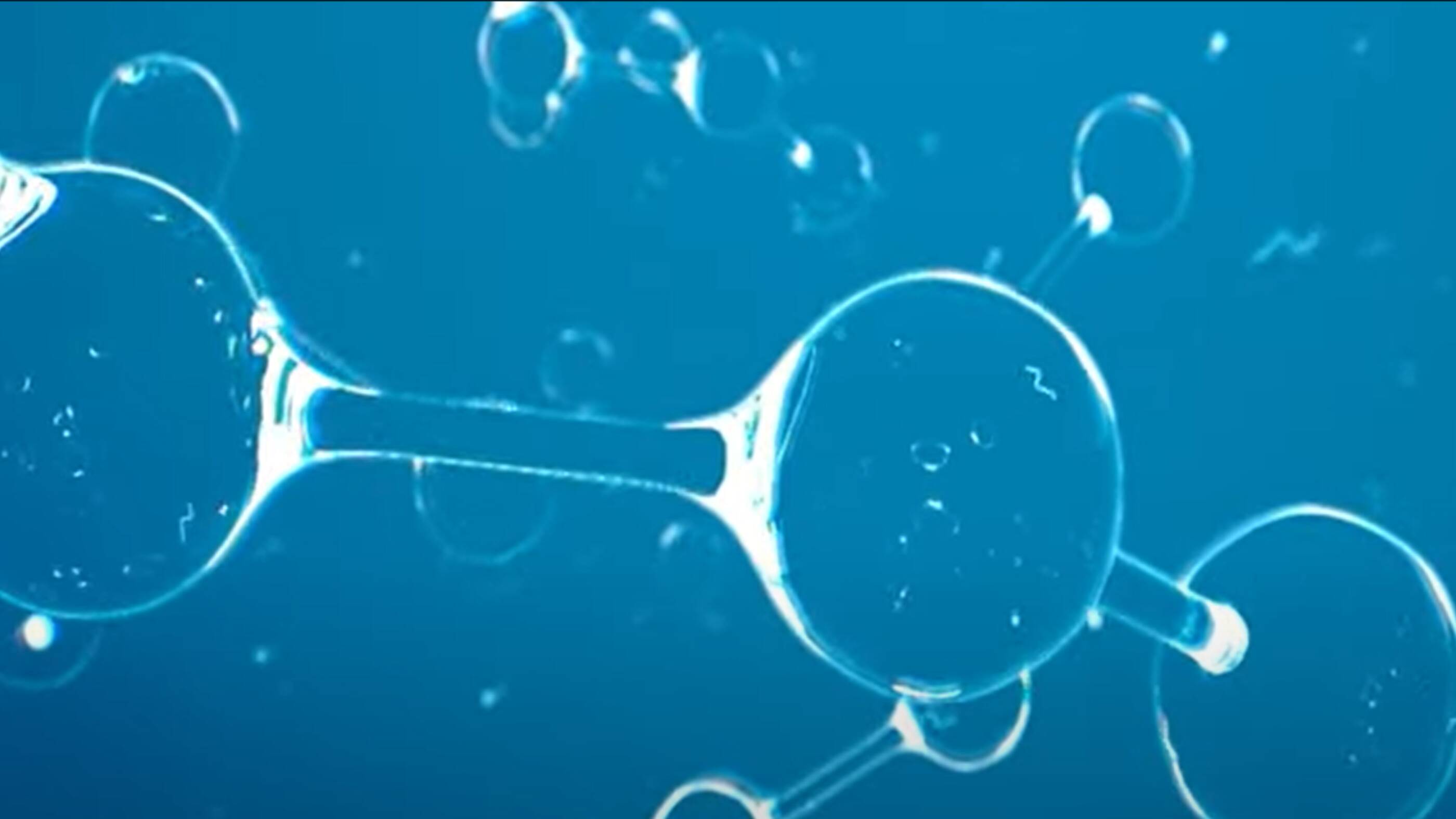
Why are some plastics harder to recycle?
3 min read
•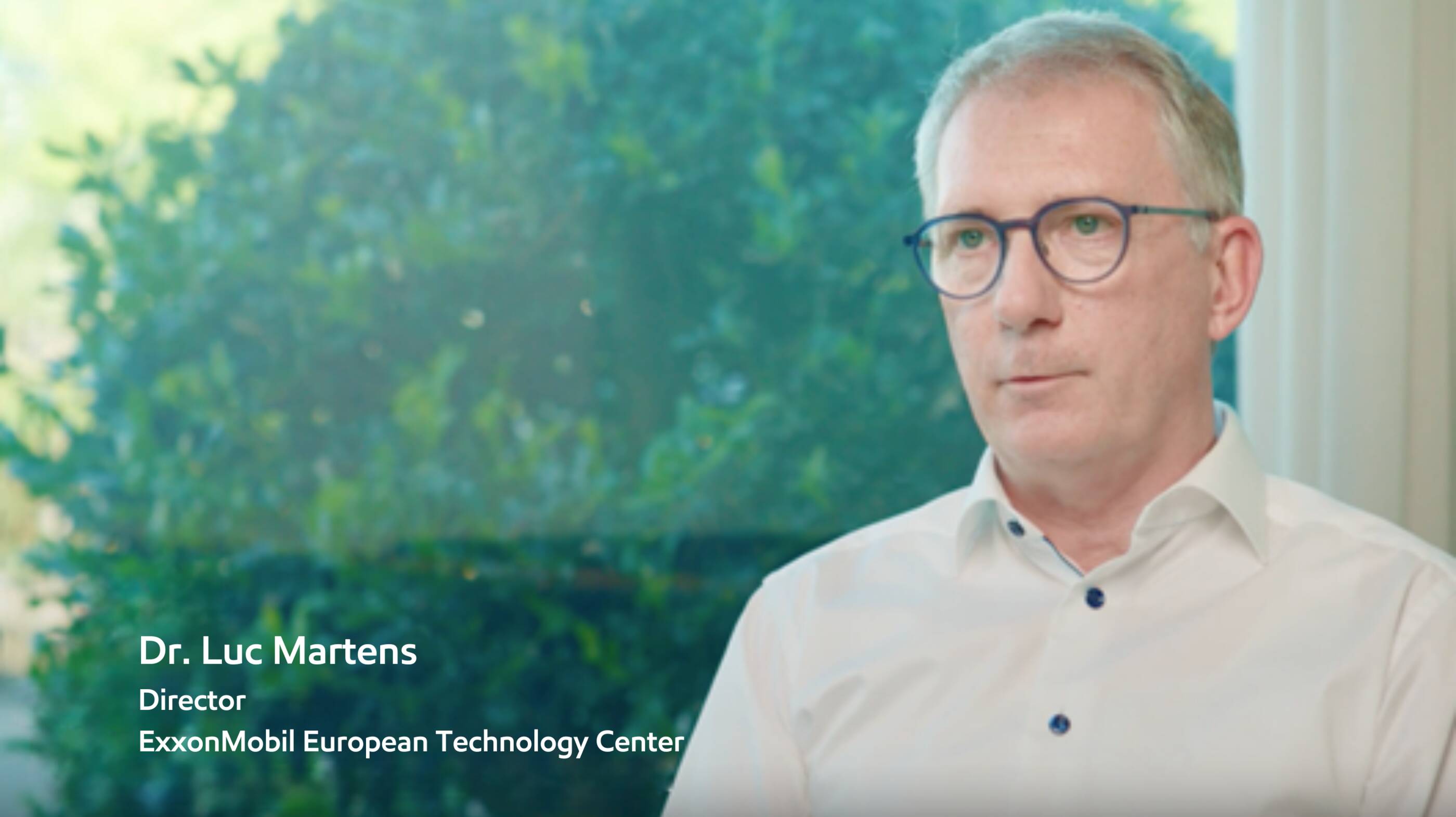
Developing lower-emission solutions through research and development
3 min read
•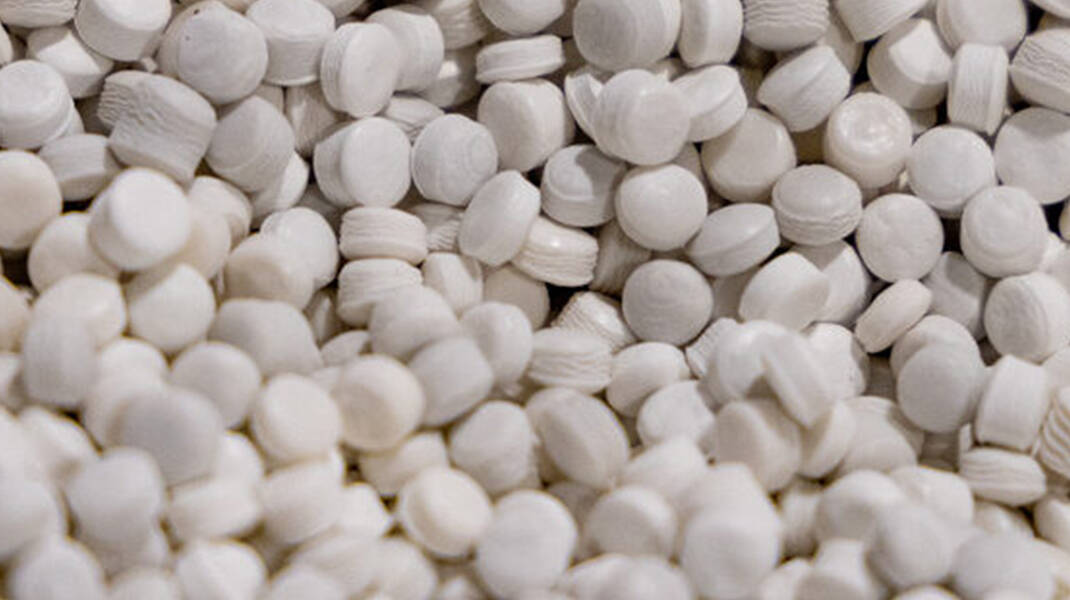
Converting plastic waste into new products
4 min read
•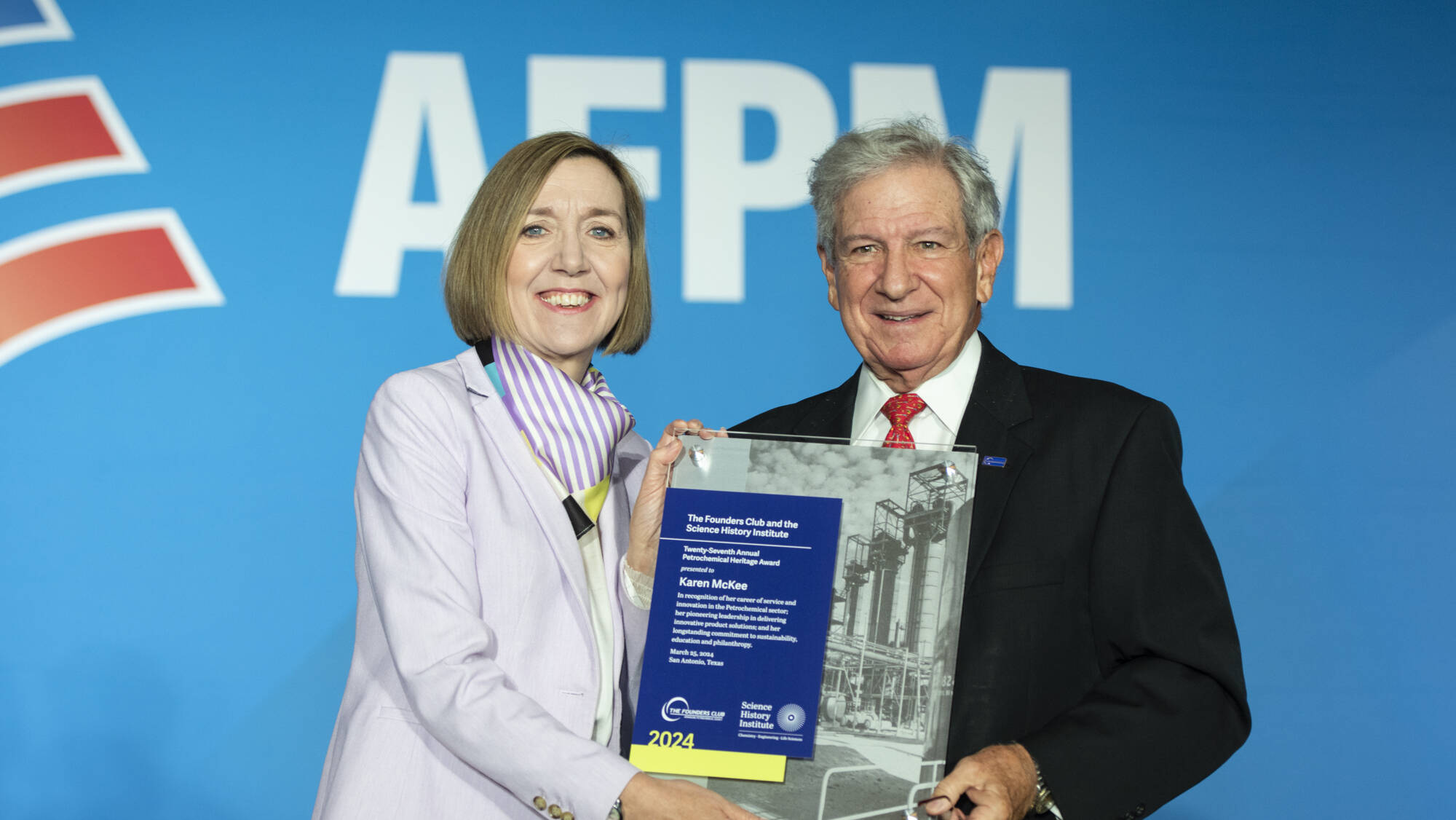
Karen McKee wins prestigious industry award
7 min read
•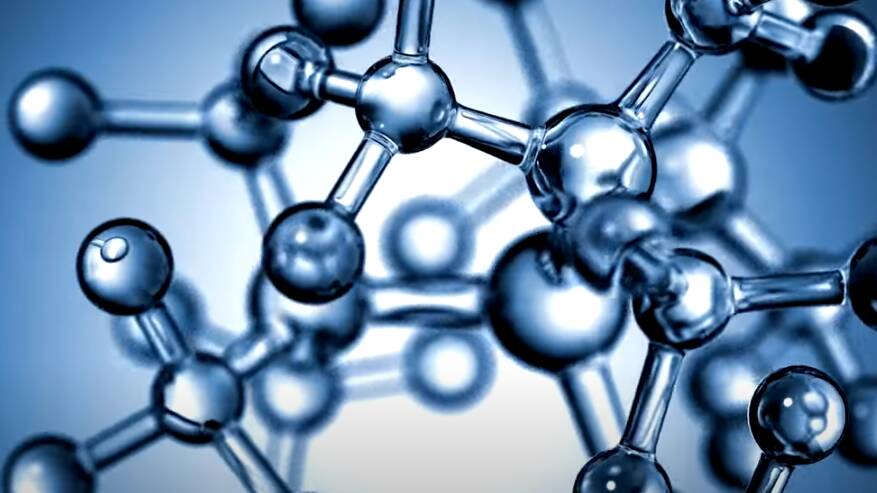
Some plastic can’t be recycled: could advanced recycling help?
3 min read
•